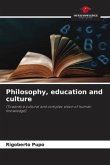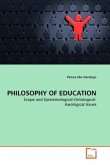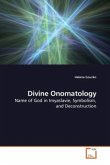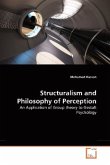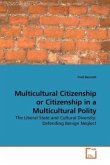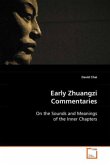In this handy reference volume, Scott Rawlings examines whether literature and the philosophy and theory that attends it engage with, reflect or challenge current debates on environmental ethics and the public policy it influences. He begins by providing an overview from antiquity to the present of the ways in which nature, and man's relationship with it, is represented in literature. Ultimately, he contends that literature which reflects, and is informed by (whether consciously or not), reconstructive postmodern ecology is not a static literature which preaches programmatic answers but a literature of imaginative possibilities. This literature, when it represents and confronts those underpinning causes that have led humanity to violence, generates new engagements and the potential to reconstruct - ethically, cognitively, perceptually - alternative ways of being-in-the- world for political ends.



